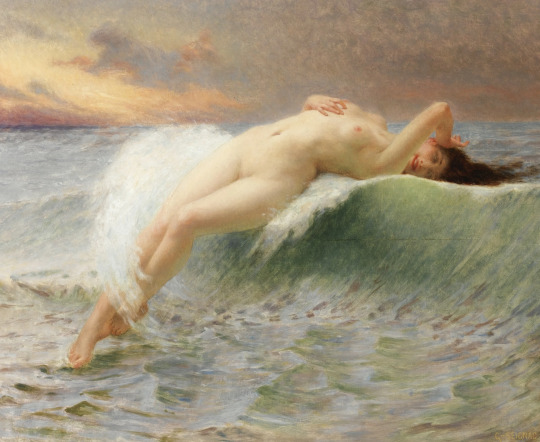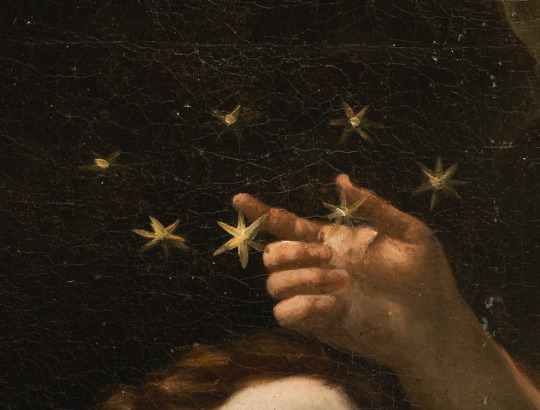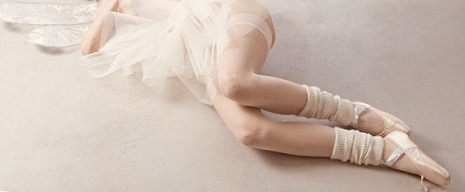Photo

Jeanne-Marguerite Lecadre In The Garden 1866
Claude Monet
1K notes
·
View notes
Text

Guillaume Seignac (French, 1870-1929) La vague (The wave), n.d.
2K notes
·
View notes
Text

"Fruit" (1897) by Alphonse Mucha (1860-1939)
56 notes
·
View notes
Text
“Franz Kafka, the story goes, encountered a little girl in the park where he went walking daily. She was crying. She had lost her doll and was desolate. Kafka offered to help her look for the doll and arranged to meet her the next day at the same spot. Unable to find the doll he composed a letter from the doll and read it to her when they met. “Please do not mourn me, I have gone on a trip to see the world. I will write you of my adventures.” This was the beginning of many letters. When he and the little girl met he read her from these carefully composed letters the imagined adventures of the beloved doll. The little girl was comforted. When the meetings came to an end Kafka presented her with a doll. She obviously looked different from the original doll. An attached letter explained: “my travels have changed me… “ Many years later, the now grown girl found a letter stuffed into an unnoticed crevice in the cherished replacement doll. In summary it said: “every thing that you love, you will eventually lose, but in the end, love will return in a different form.””
—
May Benatar, Kafka and the Doll: The Pervasiveness of Loss
For me there are two wise lessons in this story: Grief and loss are ubiquitous even for a young child. And the way toward healing is to look for how love comes back in another form. - May Benatar
(via saygoodnightnotgoodbye)
71K notes
·
View notes














